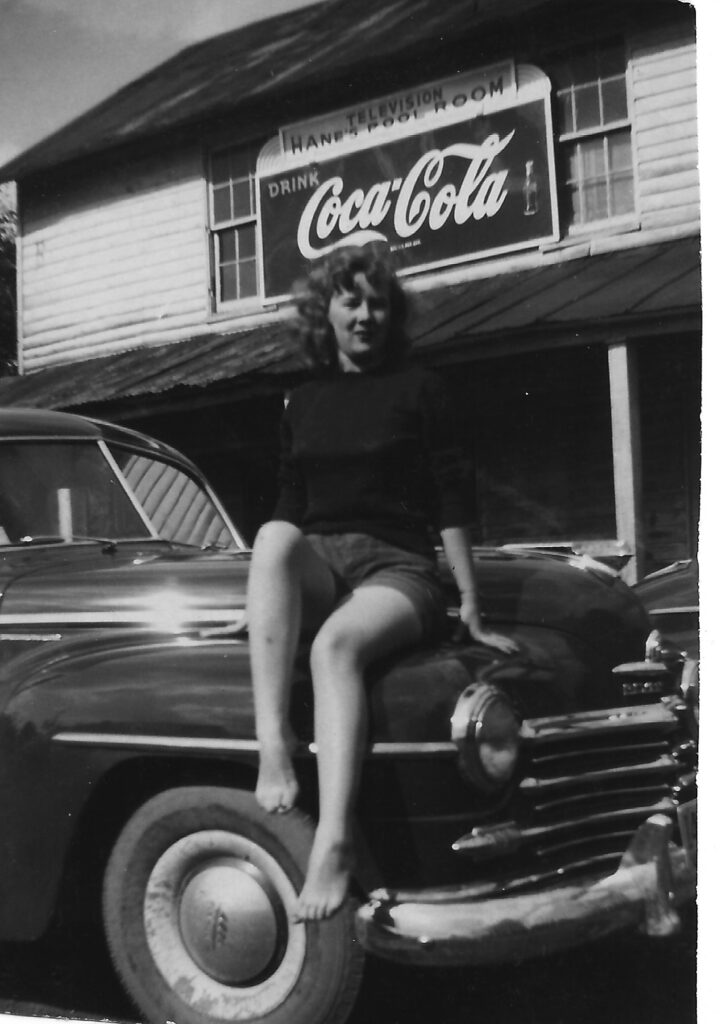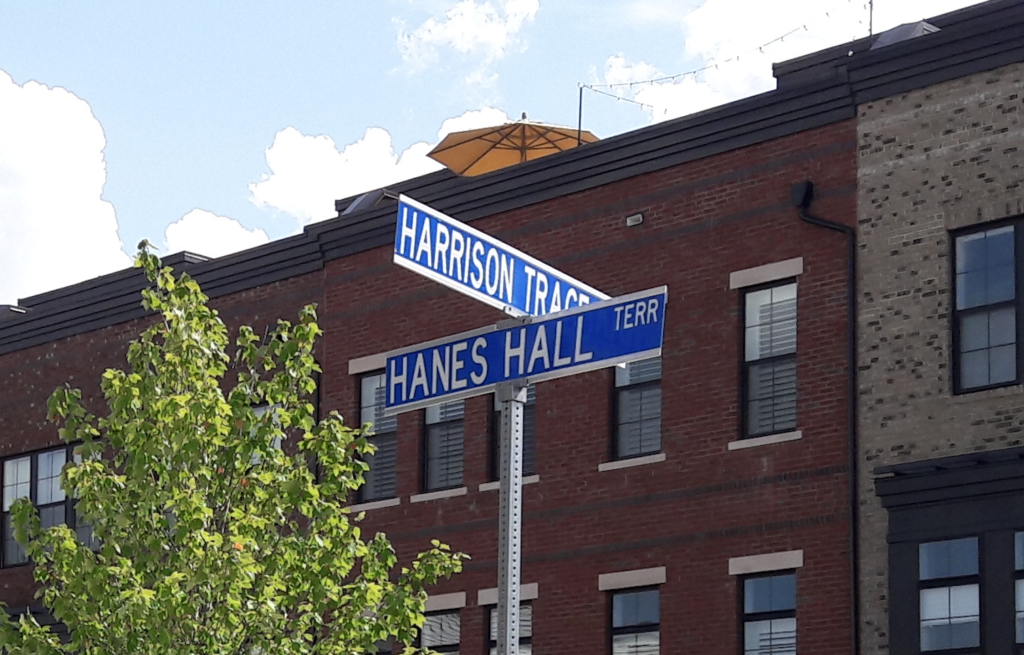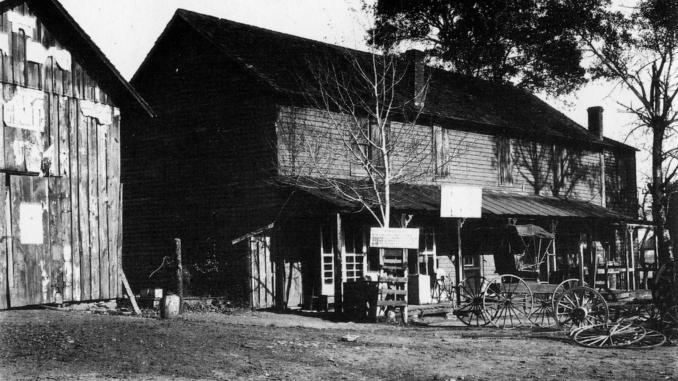
POOL HALL PAST
By Chris Wadsworth
Sometimes a journey can start with something as simple as an old black-and-white photo spotted online. Such was the case with the Hanes Pool Room, once a local watering hole in the heart of Ashburn, but today nothing but a fading memory for a few old-timers.
It started in June when Greensboro, Ga., resident Steve Foote shared a photo on Facebook showing his mother – Joan Lorraine Alban – “posing on a mid-’40s Plymouth in front of her grandfather’s [John Hanes’] pool room in Ashburn, Virginia.”
Sure enough, behind the young woman, a sign on the façade of the building reads “Coca-Cola” in big letters, and above that, “Hanes Pool Room.”
But where exactly was this Hanes Pool Room? When? How long was it here for? When did it close? What was it used for?
“The building was originally a store,” said Foote, an Ashburn native. “My great-grandfather purchased the house and store there … and moved the family there from Georgetown. It must have been early- to mid-1930s. [He] ran it as a pool hall with air conditioning and television. Three generations of us lived together in the house that was adjacent to the pool room.”
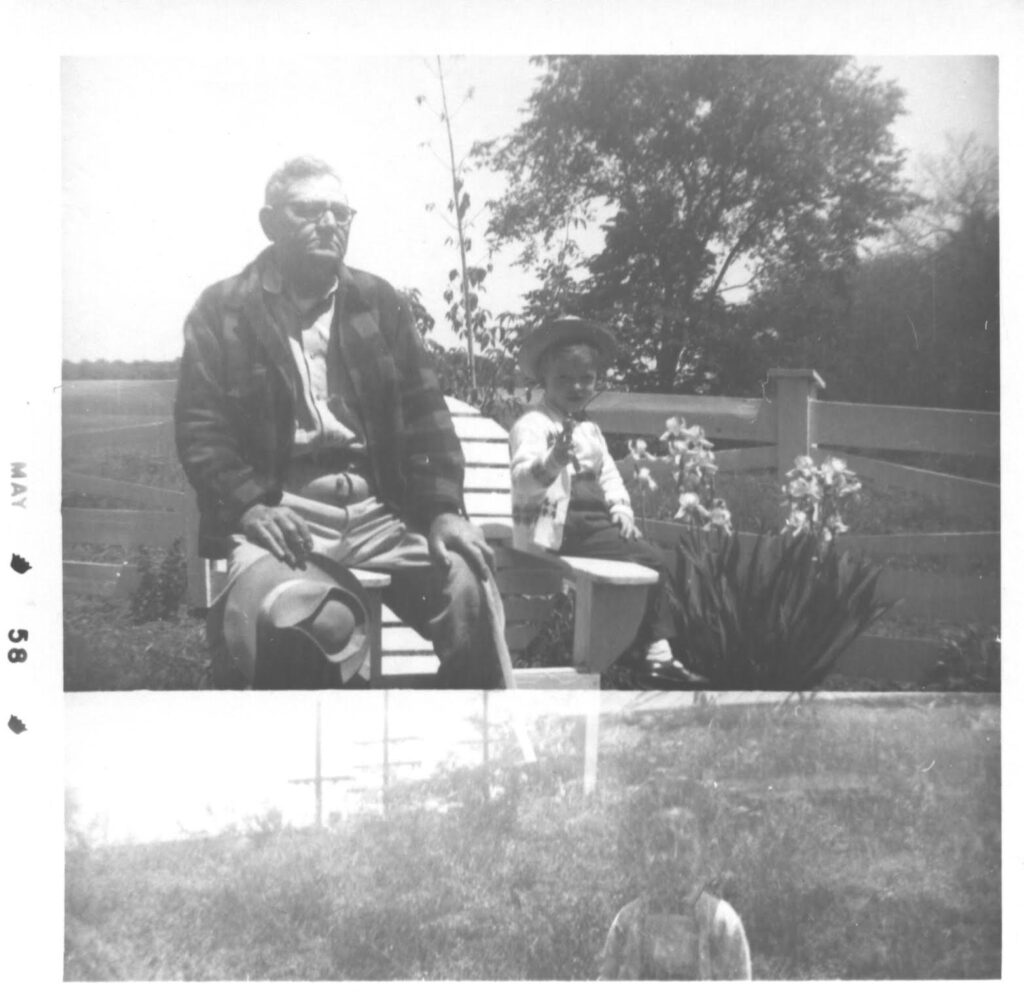
Foote said the house had English boxwoods that were 10 feet tall, leading him to wonder whether perhaps a Colonial dwelling had been on the site centuries before.
To dig deeper, we enlisted the help of local amateur historian John Gretka, who lives in Ashburn Village. Here’s a bit of what he uncovered.
According to a map in an iconic local history book written by Eugene Scheel called “Loudoun Discovered,”* it appears that the pool room – referred to as Hanes Store & Hall on Scheel’s map – sat more or less opposite the old Ashburn Mill on the north side of the long-gone railroad line.
The railroad is today the W&OD Trail. The Hanes building would have been more or less on the site of the small parking lot used by bikers and runners accessing the trail opposite the Carolina Brothers restaurant.
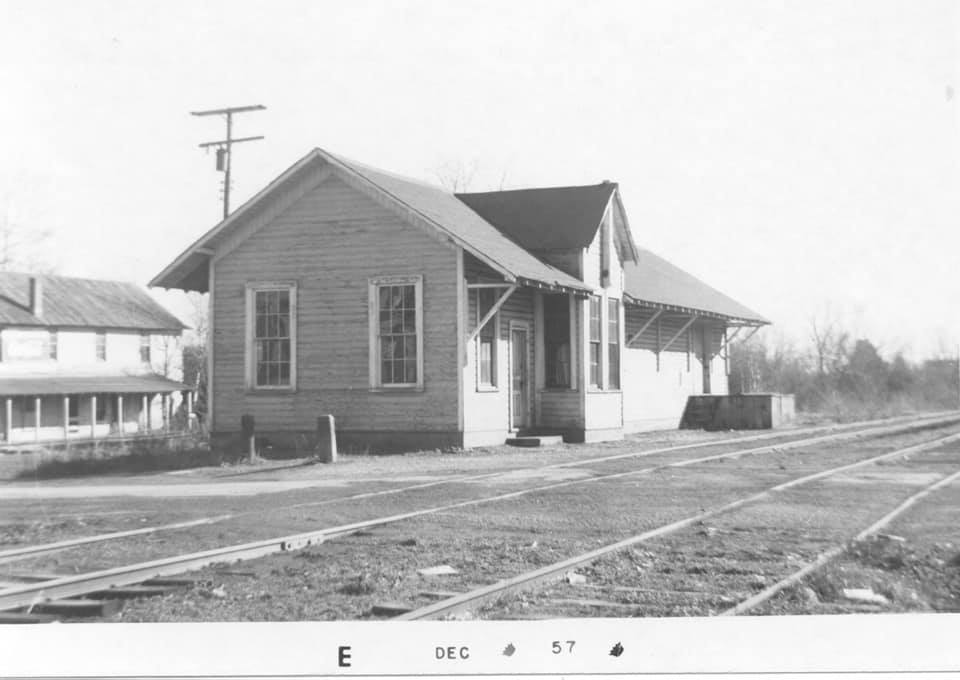
Scheel writes that this area was commonly referred to as Hanes Bottom and was named for George W. Hanes – nicknamed “Pop” – who ran a shop there from the late 1880s to the late 1920s.
“Hanes did a bit of everything, including [black]smithing and selling furniture,” Scheel wrote. “His ‘Quick Lunch,’ peddled to train passengers … consisted of crackers and a can of sardines.”
According to Scheel, “Pop” Hanes’ son, John – Steve Foote’s great-grandfather – “was the first in line for a beer license when the 18th Amendment was repealed in 1933. His beer and pool hall, open through the 1950s, had a 5-gallon bucket for a restroom.”
The end of Prohibition was a big deal in Loudoun – really everywhere – and, although it’s difficult to confirm whether Hanes got the first permit in the county, newspaper records show he very well may have received the first one in Ashburn, sometime in 1934.
The book also notes that in its early years, the Hanes building was a community hall and hosted medicine shows – touring acts where salesmen sold “patent medicine” between entertainment acts. A local literary society also met there, and Pentecostal church services were held there in the 1920s.
Joyce Poland moved to Ashburn in 1949 as a recent high school graduate. She was living with her aunt and working in Washington when she started to date one of John Henry Hanes’ grandsons.
“He lived right behind the pool hall and he wouldn’t allow me to go by it to go to his house,” said Poland, now 90 and living in southern Virginia. “I heard they served alcohol, and you know when you get a bunch of guys there I think it got a little rowdy at times.”
The building was reportedly standing as recently as the late 1990s or early 2000s. That’s when the Northern Virginia Regional Parks Authority bought it, had it removed, and put in the parking lot.
But perhaps thanks to Gretka, the memory of Hanes Hall lives on.
When Toll Brothers announced plans to build a townhome community in Ashburn called the Regency at Belmont near Route 7 and Claiborne Parkway, Gretka had an idea: “I suggested that they should name the streets with names that reflected local area history.”
He told the developers that Belmont Chapel would be a good name for a street, because an old church road used to cut through the property on its way to the nearby Belmont Chapel, now in ruins next to St. David’s Episcopal Church.
But Gretka didn’t realize until much later, that Toll Brothers had gone further and given another street in the new neighborhood a name that would bring this story full circle. Yes, today, there is a street in Ashburn called Hanes Hall Terrace.=
=====
*The full title of Eugene Scheel’s book is: Loudoun Discovered – Communities, Corners & Crossroads. Volume One: Eastern Loudoun: “Goin’ Down the Country”

